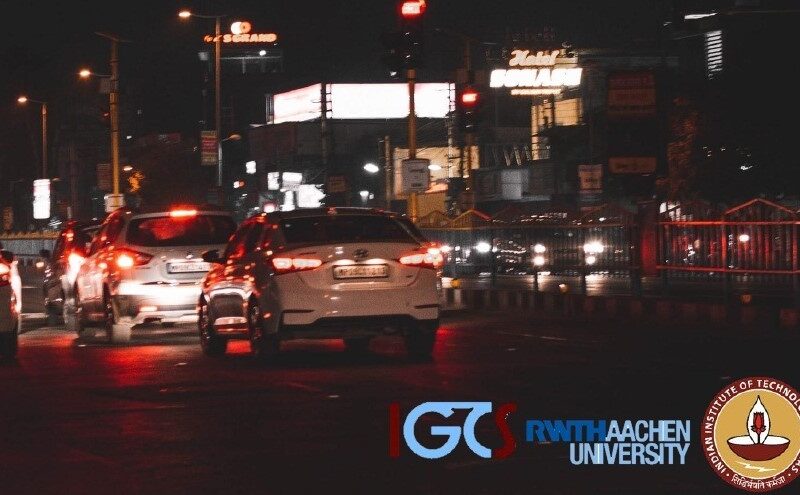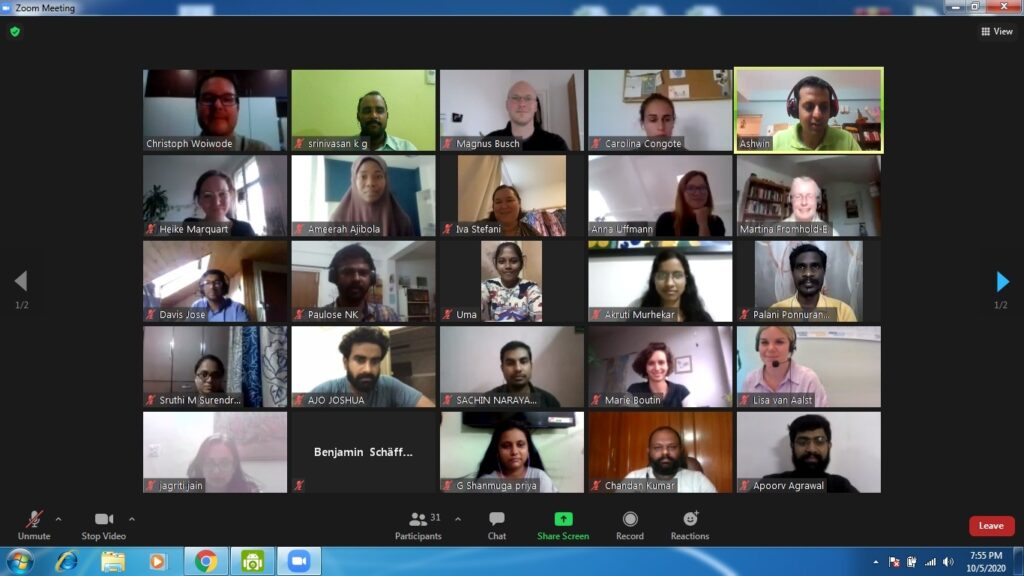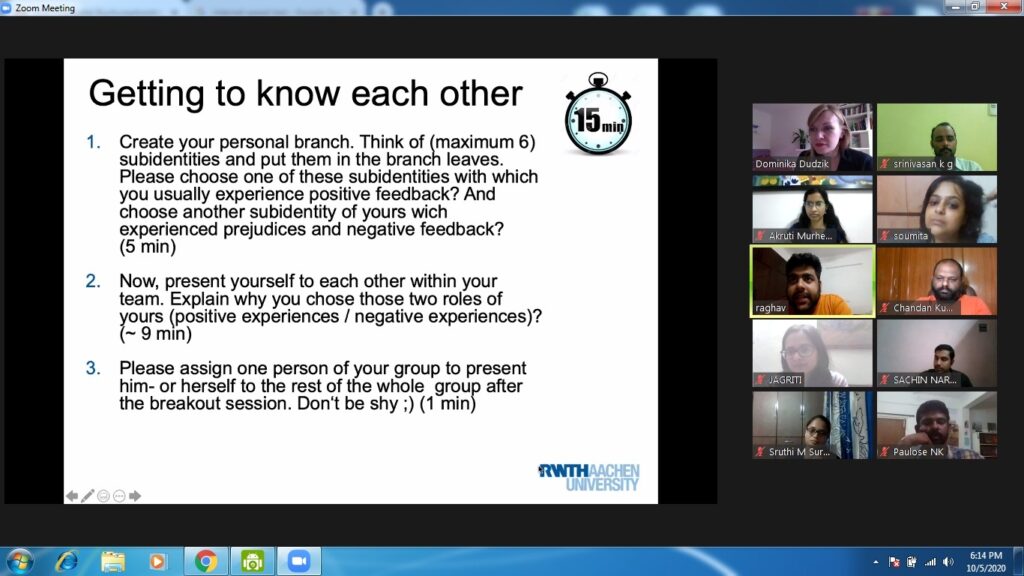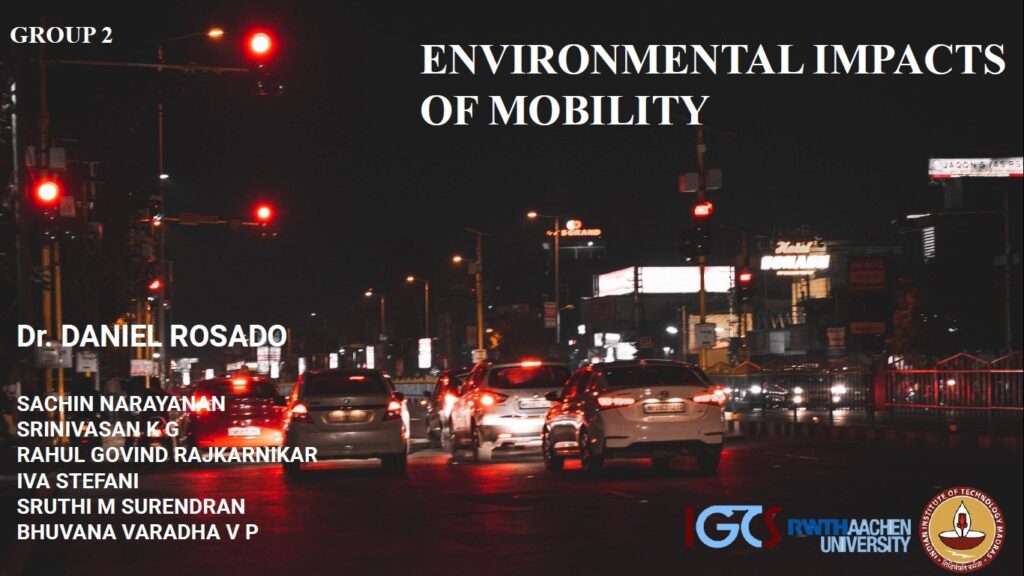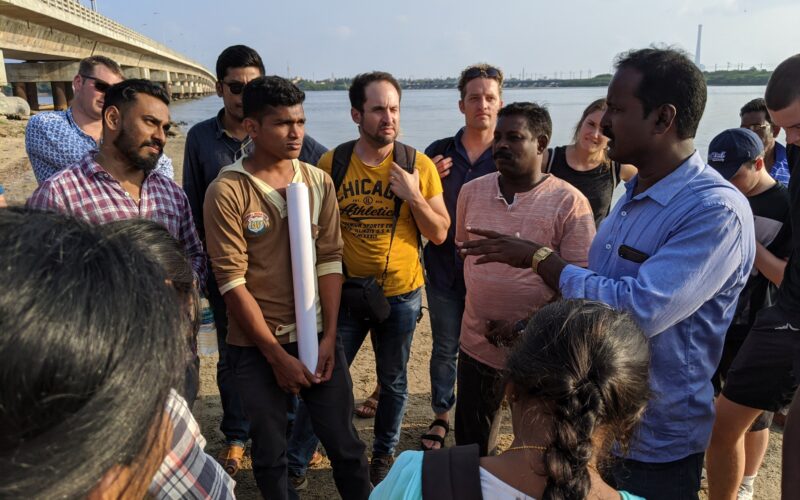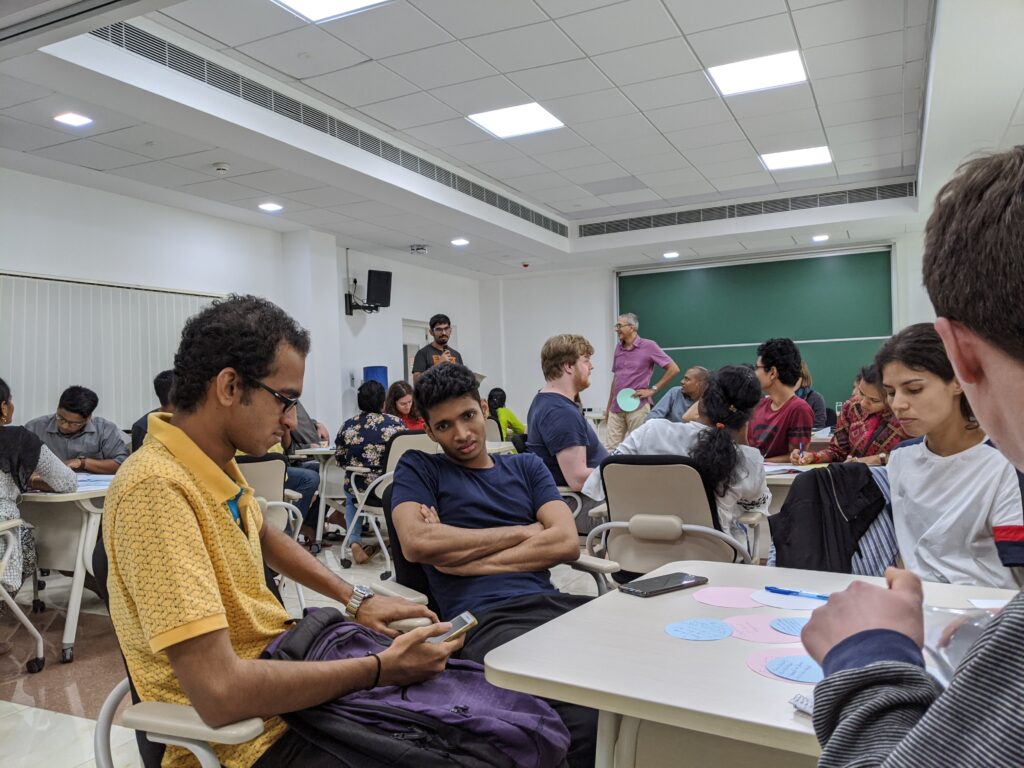#SustainabilityChallenge – From Waste to Wealth
Your ideas are too good to be forgotten.
IGCS and motan are carrying out a two-day virtual workshop and are looking for your entrepreneurial ideas.

Have you always had ideas on how to revolutionize the way we work and live with plastics in a sustainable way?
Then take part in our #SustainabilityChallenge: ‘Reduce | Re-Use | Recycle | Recover: Plastics in a Circular Economy – Sustainable Solutions and Innovations for a Greener Future’ and make a difference – shape the future with your innovative and sustainable ideas.
The workshop is a platform to present your entrepreneurial ideas and have an opportunity to fund those ideas into innovative solutions for a greener future under IGCS and motan.
The IGCS-motan collaborative efforts are dedicated to helping students from Indian and German academic institutions to develop and foster sustainable ideas. This workshop is a continuation of our joint vision: incorporate innovative and sustainable ideas generation in interdisciplinary research, teaching, training, and exchange in the area of sustainable development. Together motan and IGCS would like to motivate and support students to conduct research in the area of plastics and the circular economy.
Thus, IGCS and motan jointly extend an invitation to be a part of our event. We are always looking for motivated students to carry out a research project or an industry internship supported by motan and the IGCS.
Applications are now open!
Deadline Extended: 07. November 2024
Workshop Details:
● Date:
2 day- virtual workshop: 02. December – 03. December 2024
Presentation: 13. December 2024
● Program:
Impulse lectures by domain experts, work in small groups on related topics and presentations
● Target group:
Students from all disciplines who are currently enrolled in an undergraduate (Bachelors), post-graduate (Masters), or doctoral program in Indian or German academic institutions
● Award:
The winner will receive a prize money and a chance to implement their innovative ideas with support from IGCS and motan.
Requirements:
● Letter of Motivation
● CV
● Certification of enrolment (in current university)
About motan
Sustainability is a core value within the motan culture. This means not only the products, solutions, and behavior but also the training of young people and the development of global networks. In addition to social aid and cultural projects, the foundation’s focus is on introducing social responsibility into business activities. For more information on motan and their activities, please visit the link.

